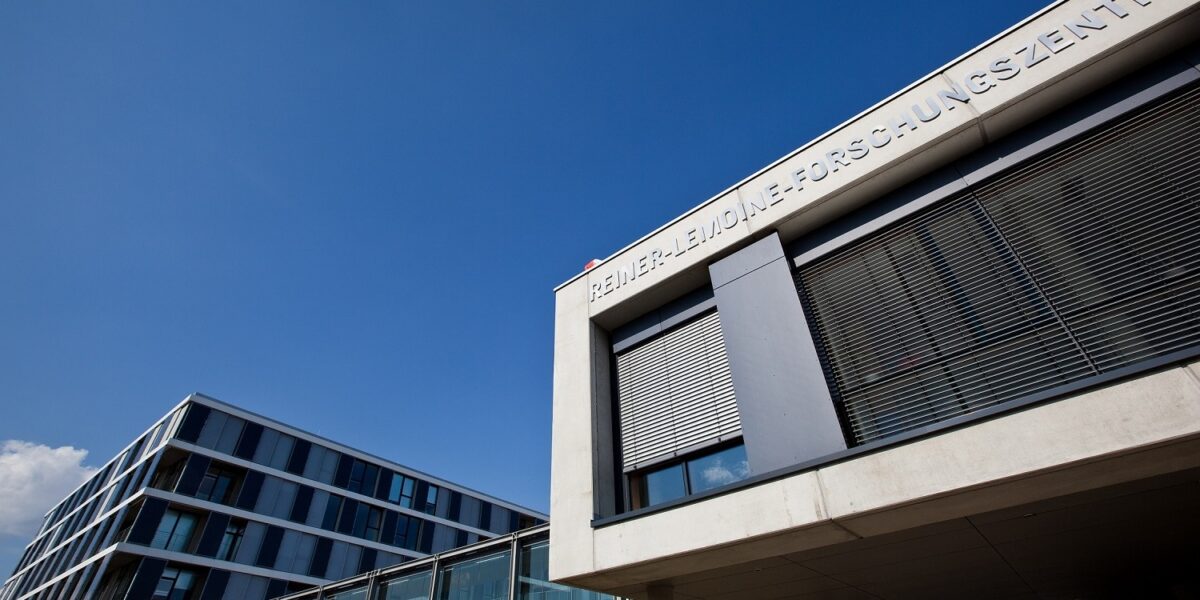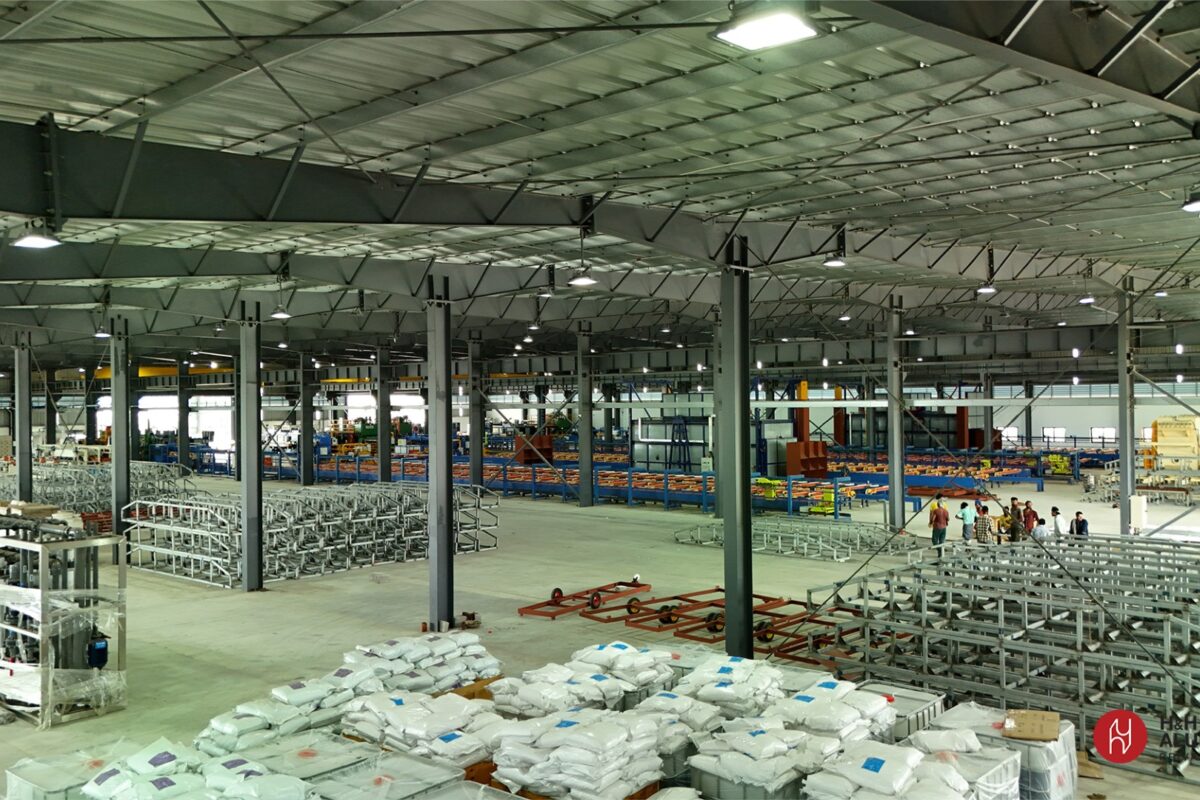From pv magazine Germany
In November 2022, Qcells and a group of European research institutes in Thalheim, Germany, started a four-year research project to manufacture highly efficient tandem solar cells and modules.
The group established a pilot manufacturing line in Thalheim through the so-called “Pepperoni” (Pilot line for European production of perovskite-silicon tandem modules on industrial scale) project.
The company’s parent, Hanwha Solutions, has also announced plans to invest $100 million in the deployment of a pilot production line for perovskite-silicon tandem solar cells at its factory in Jincheon, South Korea, by the end of 2024.
“This investment in Jincheon will mark an important step in securing technological leadership,” stated Qcells CEO Justin Lee. “With global R&D network spanning from Korea, Germany and the U.S., Qcells will ramp up its efforts to produce high-efficiency advanced tandem cells.”
Earlier this year, Germany’s Helmholtz Zentrum Berlin and Qcells presented a tandem cell with up to 29.3% efficiency rate. The results have been certified by the U.S. Department of Energy’s National Renewable Energy Laboratory (NREL).
The device is based on a silicon bottom cell relying on Hanwha Qcells’ monocrystalline Q.antum half cell technology and a perovskite-based top cell.
“This latest record efficiency result, of 28.7%, is an improvement of almost one percentage point compared with the 2020 record value of 27.8%,” the module maker said in a statement. “This boost in tandem efficiency has been enabled by improvement of both the perovskite and the silicon subcells.”
This content is protected by copyright and may not be reused. If you want to cooperate with us and would like to reuse some of our content, please contact: editors@pv-magazine.com.








By submitting this form you agree to pv magazine using your data for the purposes of publishing your comment.
Your personal data will only be disclosed or otherwise transmitted to third parties for the purposes of spam filtering or if this is necessary for technical maintenance of the website. Any other transfer to third parties will not take place unless this is justified on the basis of applicable data protection regulations or if pv magazine is legally obliged to do so.
You may revoke this consent at any time with effect for the future, in which case your personal data will be deleted immediately. Otherwise, your data will be deleted if pv magazine has processed your request or the purpose of data storage is fulfilled.
Further information on data privacy can be found in our Data Protection Policy.